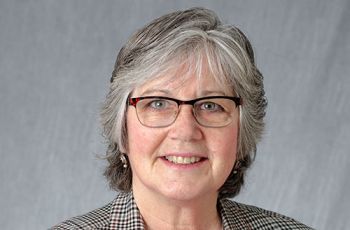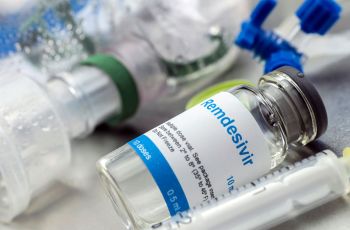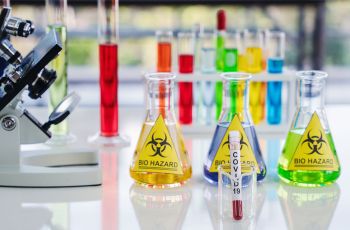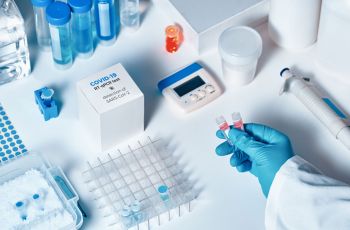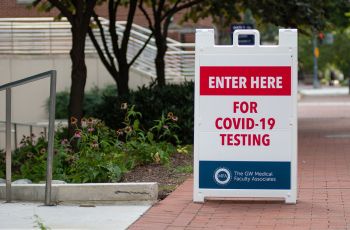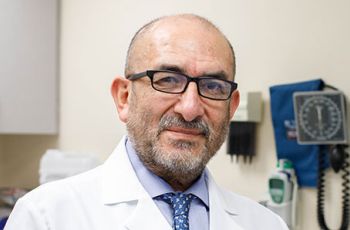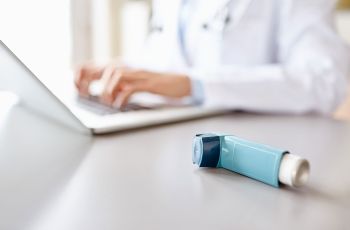Katherine Dvorak
As news emerges that COVID-19 vaccine trials from U.S. pharmaceutical corporations Pfizer and Moderna are showing, in preliminary data, high-efficacy rates, a new question is being asked: What comes next?
In the past few months remdesivir has become a household name as an important therapeutic used in the fight against COVID-19. On Oct. 4, the leading researcher behind the treatment, Richard Whitley, MD ’71, of the University of Alabama at Birmingham (UAB), discussed COVID-19 and remdesivir.
It’s hard to recall a more important time for groundbreaking scientific research when it comes to the health and safety of the United States than in the past six months; by October the country had recorded more than 7 million cases of the novel coronavirus, and the global toll passed 1 million…
As Naval Hospital Bremerton, in Bremerton, Washington, began to respond to the COVID-19 pandemic, there was an increased demand to be prepared to provide testing for those in need.
A series of lectures hosted by the SMHS Anti-Racism Coalition kicked off with a session by Cara Lichtenstein, MD, MPH, on “Understanding the Connection Between Racism and the Social Determinants of Health.”
In a concerted effort to support the health, safety, and well-being of GW employees an Occupational Health Program is being developed with the help of university leaders alongside SMHS and the GW MFA.
As SMHS strives to make anti-racism an indelible part of its culture, a new educational series will help students, faculty, and staff better understand concepts such as anti-racism and structural racism.
Huerta, an internationally recognized medical oncologist and epidemiologist, talks about how he developed the Cancer Preventorium, and his goals for the center at the GW Cancer Center.
For the second consecutive year, the Global Kidney Summit co-hosted by the AAKP and SMHS provided an international audience with information on the latest developments and trends around patient care, especially in relation to the COVID-19 pandemic.
Patients who suffer from severe asthma may be at a higher risk of serious illness if they contract COVID-19.
